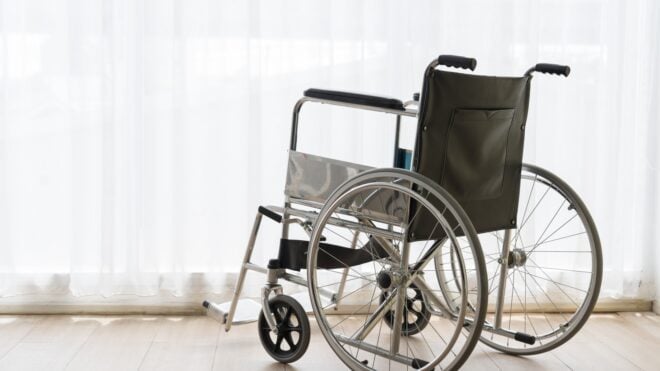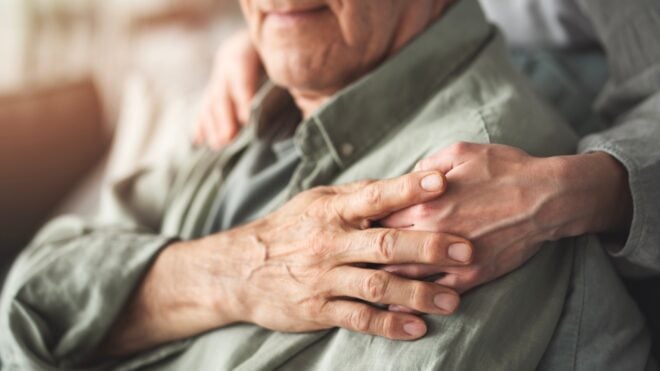They say that the first step to overcoming a fear is to identify the fear itself.
By knowing the nature and source of your fears and apprehensions, you will have an infinitely better understanding of how you can change everything from your thought, behavior, and outlook.
Take anxiety, for example. Over six million Americans suffer from general anxiety disorder, and many more have lesser-known, but similar phobias of being in social settings.
In an exclusive look below, we'll go through some of the steps you can take if you feel like you sometimes suffer from social anxiety.
While everyone's anxiety is unique, this type of anxiety generally means that you're fearful of social situations and interactions, and are nervous about whether others will watch, judge, or evaluate you.
Scroll further to identify some of the ways you can overcome your anxiety, and let us know about your thoughts and experiences in the comments below.
What Is Social Anxiety?
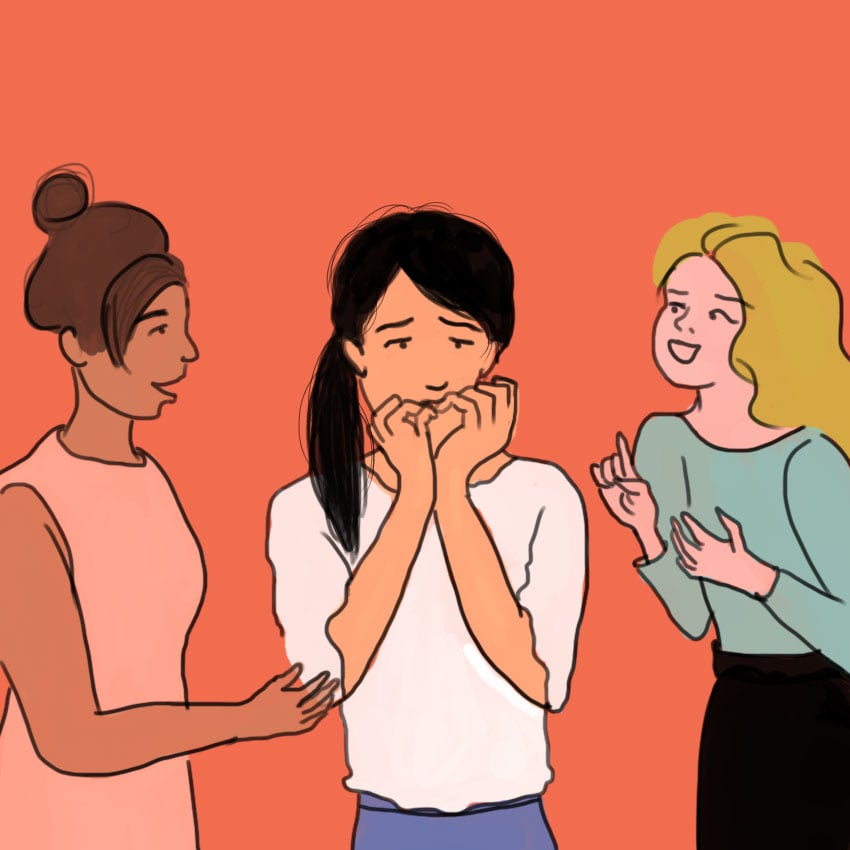
If you feel like you can be quite anxious and awkward in social settings, know that you are definitely not alone.
At its core, social anxiety is an emotion, a feeling of fear, or a general discomfort when you're interacting with someone.
It involves a concern of being assessed, judged, or even disliked by others. In some cases, your anxiety may be so extreme that it will come to have a negative impact on your life and daily routine.
There are a number of things you can do to recognize your anxiety, and how to deal with it calmly, rationally, and safely.
What Are The Symptoms?
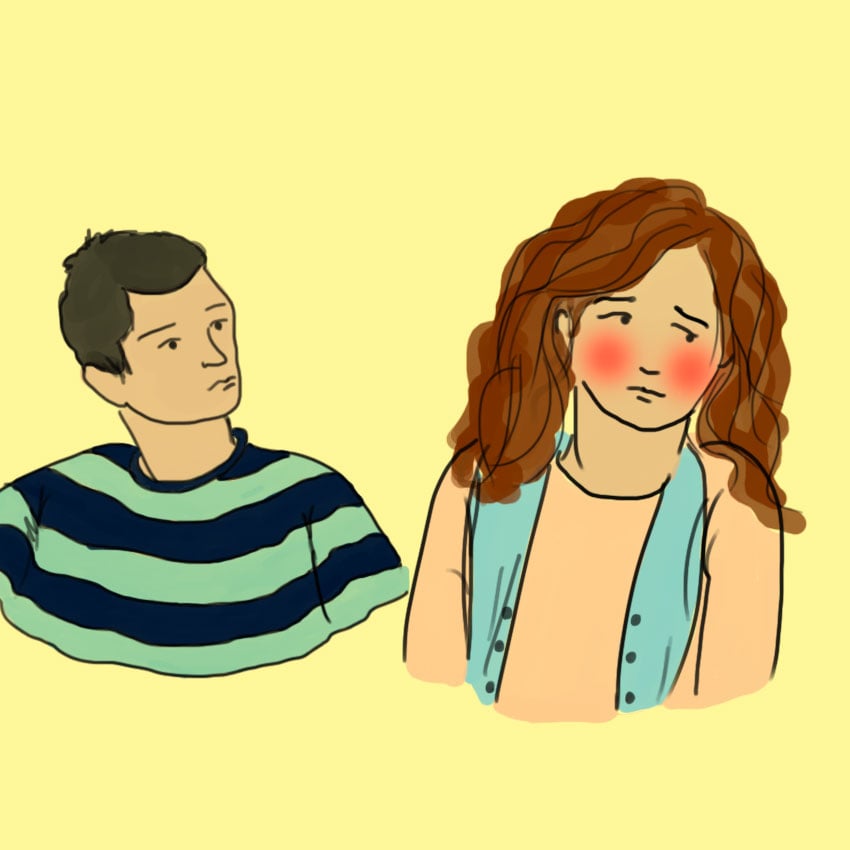
To identify how you behave in a social setting, it's important to first recognize the many symptoms of social anxiety.
They include, but are not limited to:
- Intense worry about social situations or gatherings days, weeks, and even months in advance.
- Fear of being watched and judged by others in social settings, even if they are people you don’t know.
- Self-consciousness in everyday situations that others normally would not find stressful.
- A deep fear of humiliation.
- Avoidance of activities to a degree that it negatively disrupts your life.
Anxiety can manifest in many ways. Actual physical symptoms include blushing, stuttering, shaky hands and voice, shortness of breath, and even nausea and dizziness.
What Are Its Effects?
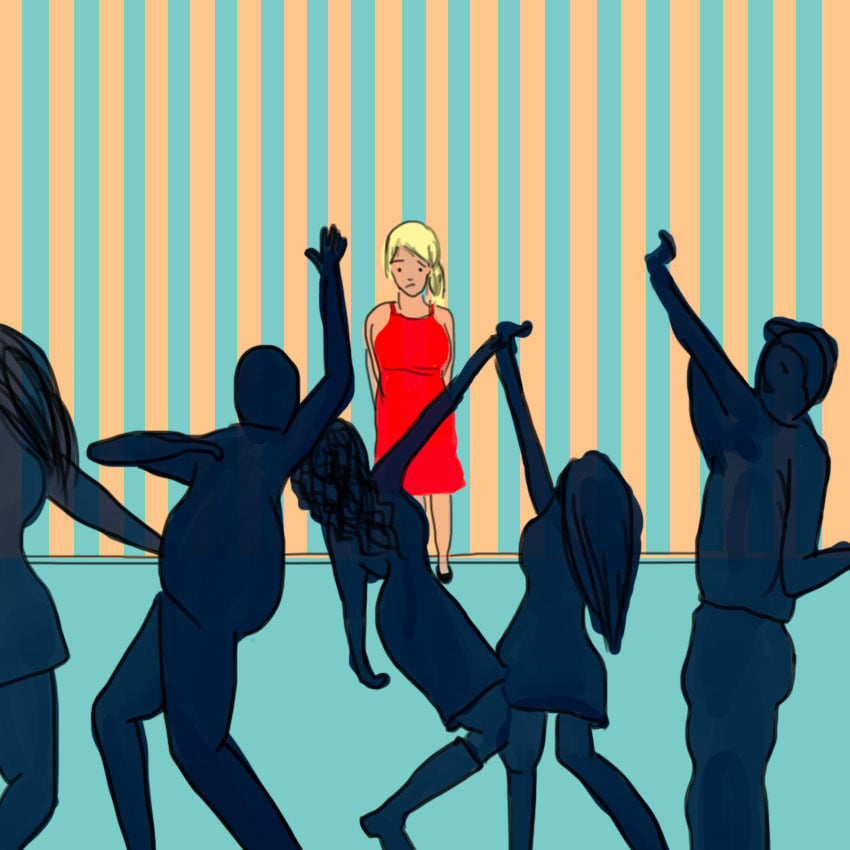
Those with social anxiety may turn down invitations to parties, dread dates with friends and family, dislike meeting new people — and even speaking, eating, or drinking in public.
Additionally, it might be hard for those with social anxiety to explain these feelings. This can make sufferers feel isolated, lonely, and often misunderstood.
However, there are ways to ease the effects of social anxiety.
And while we always recommend seeking the advice of medical professionals, these are steps you can take on your own, at your own pace.
Tip #1: Make A List Of Your Triggers
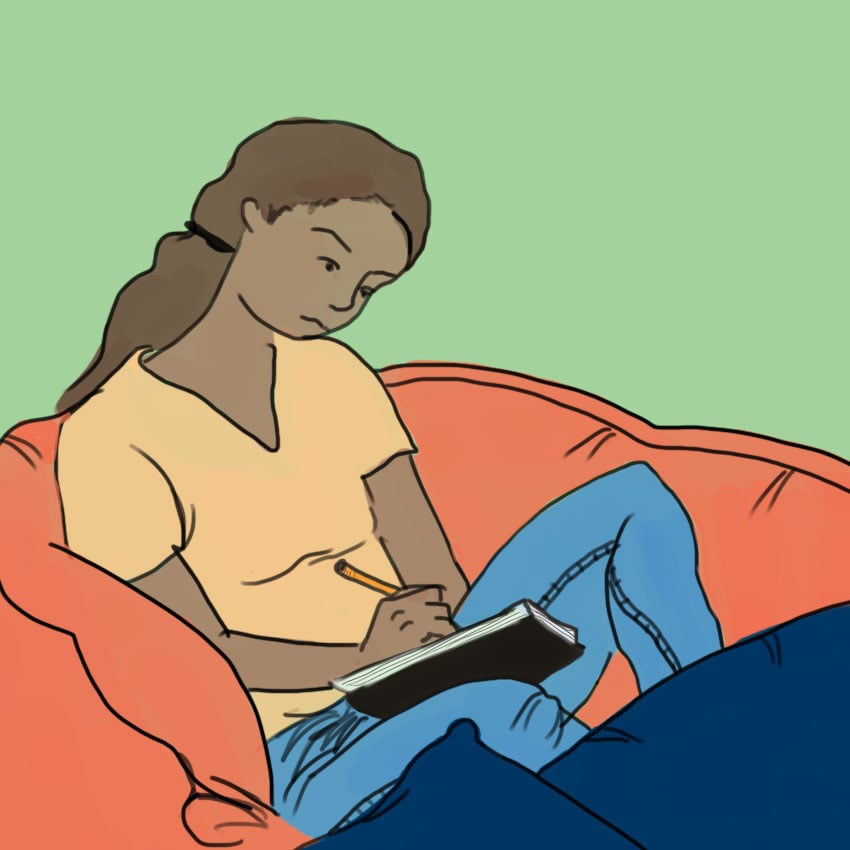
The first step to easing your social anxiety is to make a list of triggers — or the situations that make you feel anxious.
Some anxiety triggers may include walking into a crowded room, making small talk, or using a public restroom. However, everyone's list will be unique to them.
By putting your triggers down on paper, it can help you to analyze what exactly makes you uncomfortable — thus better preparing you for your next encounter.
Don't judge your list, and don't edit yourself. Write down any and every trigger, no matter how small. This is a private list, so feel safe writing it all down.
Tip #2: Let Go Of Rituals

As a way of coping with anxiety and stress, many people turn to private patterns that help ease their anxiety.
According to Psychology Today, habits like avoiding eye contact, tensing up, and rehearsing your words are all patterns to try to let go of.
Challenge yourself to recognize your bad habits, then try to lessen how often you perform then. It will take time, but you will gain confidence with each passing day.
Tip #3: Do What Makes You Nervous
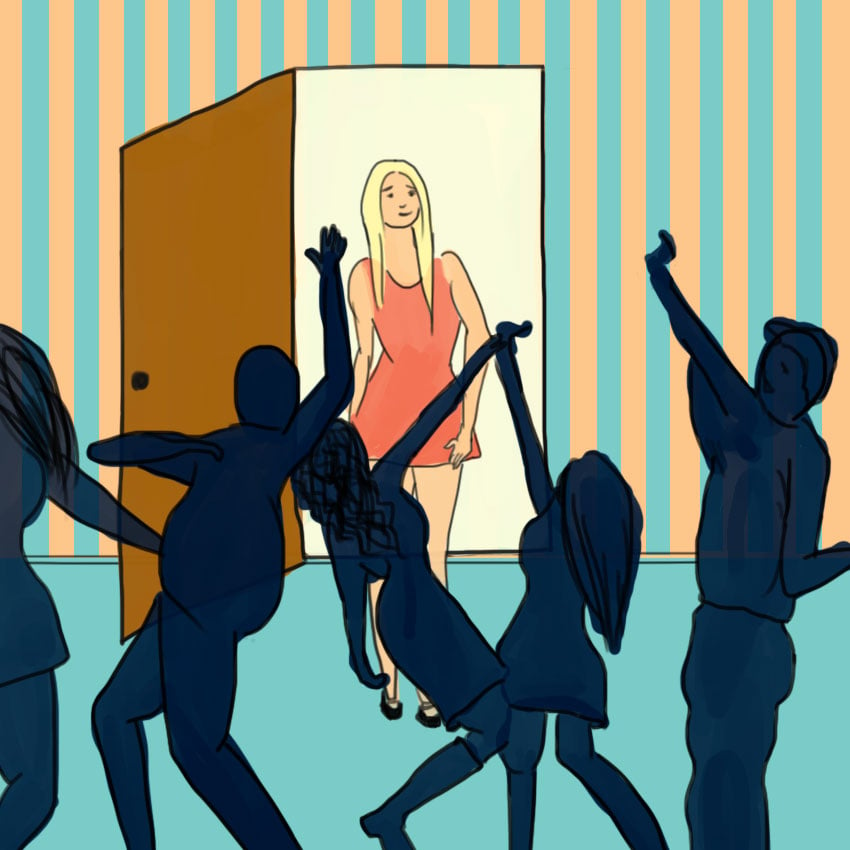
Avoiding the situations that make you nervous and uncomfortable will only aggravate your anxiety in the long run.
Instead, attempt to face your fears — if not physically, then mentally. Imagine yourself in the situations that make you nervous, and work through all the possible outcomes.
After you have worked your way through each scenario, try to expose yourself to the real thing.
You'll soon realize that, chances are, all the awful outcomes you imagined up will not come true. It was just your fear talking!
Tip #4: Relax And Reflect
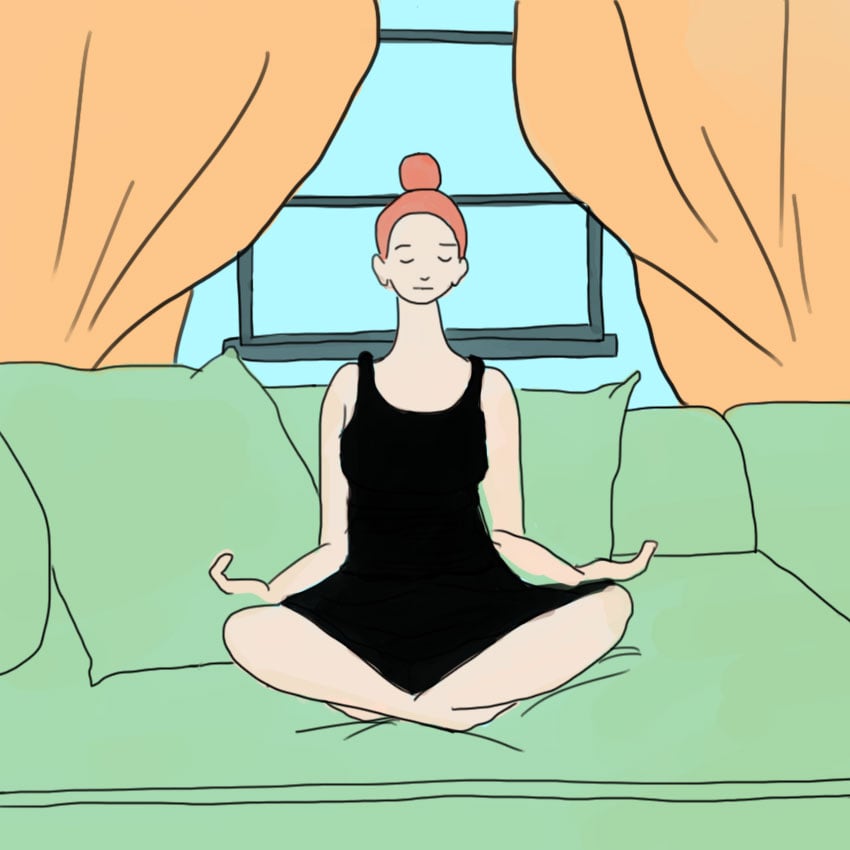
While practicing to conquer your fears, it's great to also practice a few relaxation techniques, so that you can learn to calm your mind and nerves.
Techniques like meditation and yoga are fantastic for the mind, and can greatly help decrease any tension in your muscles and body.
When you encounter an anxiety trigger, remember your meditation tools and go through them in your head.
Your heart rate will drop, your tension will loosen, and you'll increase blood flow — hopefully making you feel less anxious!
Tip #5: Reward Yourself
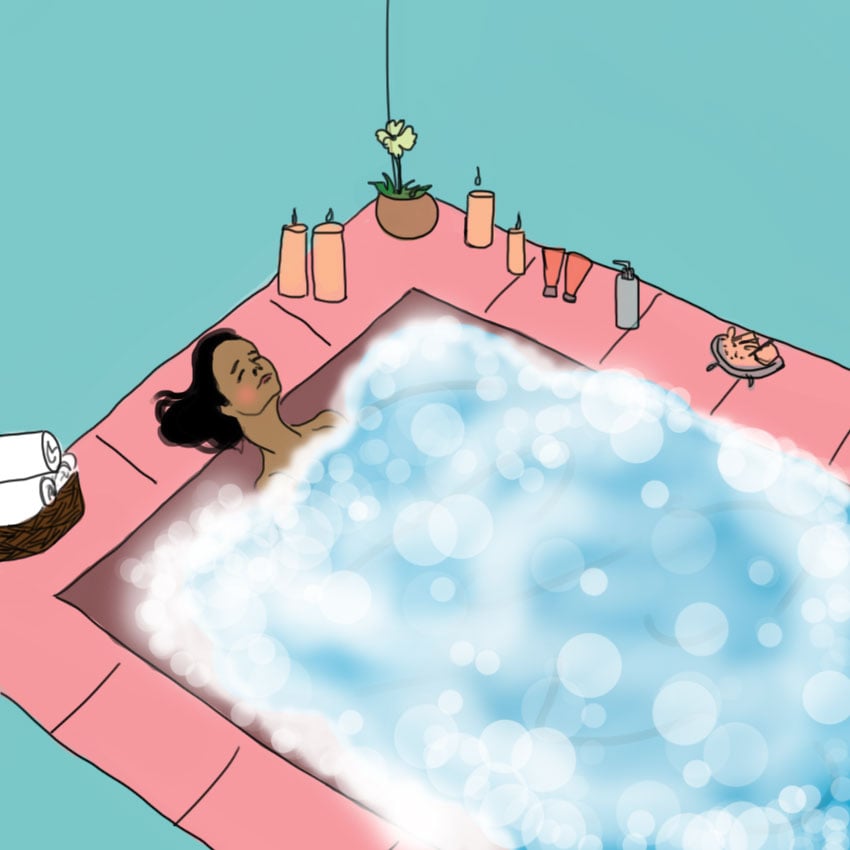
Socially anxious people tend to harshly criticize themselves and their actions more than anyone else will.
Aside from trying to rationalize your behavior and calm your mind, try exercising some "reward."
Congratulate yourself for trying so hard to confront your fears, by doing something you completely enjoy and love.
Remember to love yourself, above all! You are a smart, capable person, and you deserve your own respect.
Tip #6: Talk To Someone Who Understands
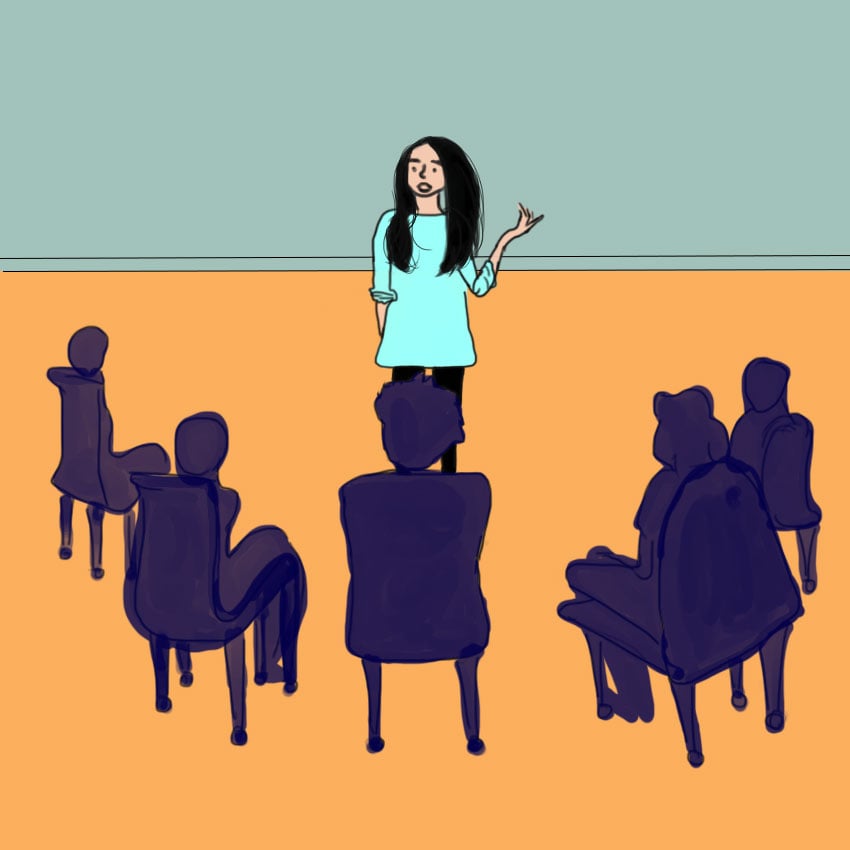
It can be tremendously helpful to talk to others who are also experiencing the same troubles and symptoms as you are.
Find a local support group that helps people with social anxiety. Most groups host "role play" games that help sufferers face their fears: simulations of mock interviews, events, and scenarios to prepare you for the real situation.
You'll help to build confidence and face your fears — all within a safe atmosphere surrounded by people who understand.
Tip #7: Befriend Like-Minded People

Lastly, try to put yourself out there the best you can.
A big part of moving past your social anxiety is meeting and interacting with new people, and expanding your social circle.
Engage in an activity that you like, or know you are good at, and join a group of people who share that interest. You will see that that conversation will come more naturally.
Please SHARE these tips to overcoming social anxiety with friends and family!

